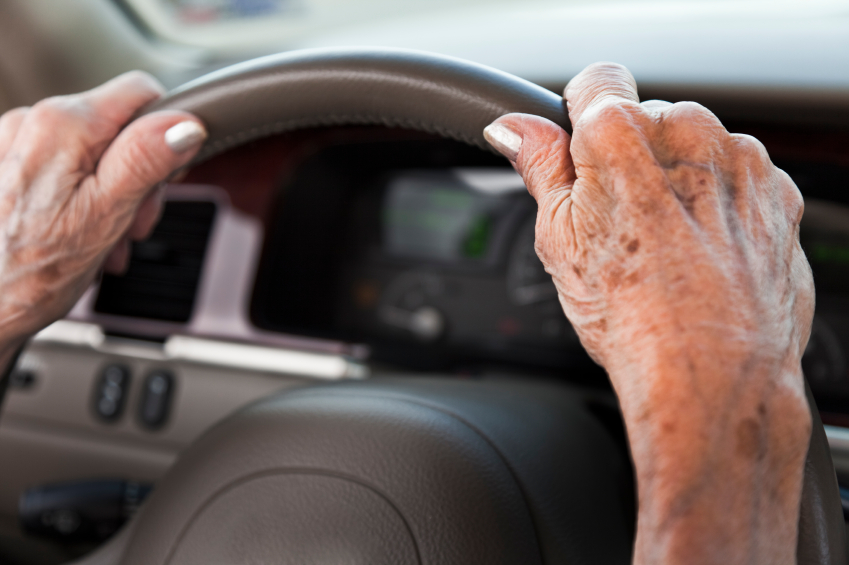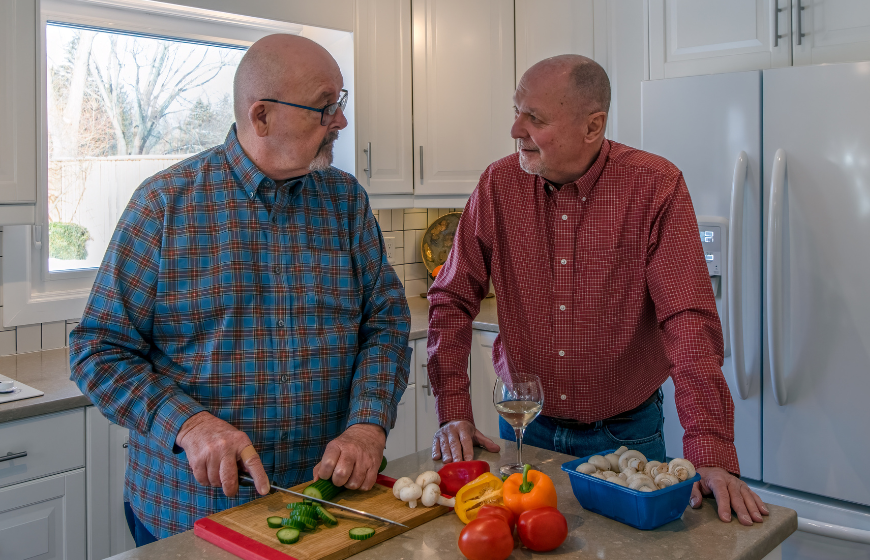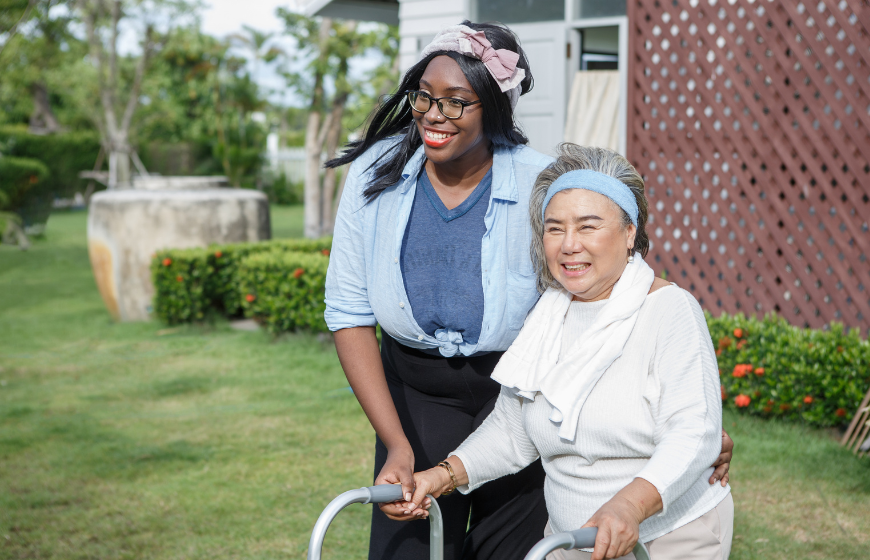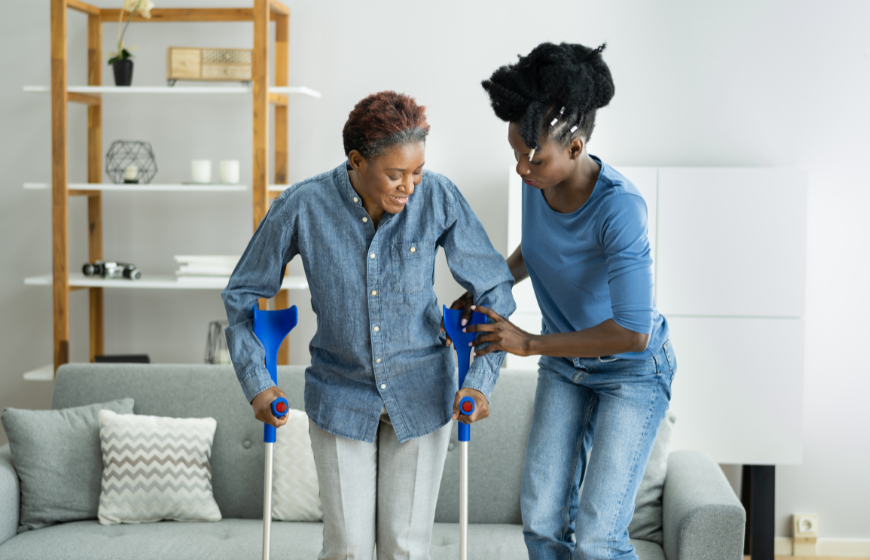Discussing driving safety with your loved one is a difficult endeavor. Unfortunately, there is no easy way around it. At any age, sitting behind the wheel conjures feelings of freedom and independence. The older adults, however, is especially reliant on driving. Many people within this population view driving as the only mechanism to stay connected to family and friends and their ability to drive is inextricably linked with independence.
Because there are heavy emotional ties to driving, the conversation about driving safety must be approached with compassion, patience and understanding. Cynthia Hutchins, Director of Financial Gerontology, gives us some great tips on how to make the most of this necessary conversation:
- Begin Early: Ideally, the conversation about driving safety should happen before any overt physical or mental bodily changes. Remember to always be an ally for your loved one.
- Work together: Hutchins recommends writing an “Independence Plan” that families can refer to as time progresses. The basis of the document should ensure the older adult that safety is first. You may want to include a checklist of physical hindrances to driving. Make sure there is a transportation plan in place by mapping out weekly schedules and providing alternative options such as public transit or taxi services to get around.
- Be giving. This conversation is going to require time and patience, so be generous with those virtues. In the end it’s worth the effort. Driving accidents can be traumatic and costly. Being open and honest about the issue early on can prevent hardship in the future.
Many states have no restrictions on driving in the older adult population, so take matters into your own hands. It’s never too early to start discussing driving abilities. Beginning the conversation early affords more time to finding creative solutions to combat the isolation and fear that older adults harbor when considering losing the ability to drive.
If you need help starting the conversation or organizing plans for you or your loved one, please ask our experts online or contact Alliance at at 1.877.687.7380 (NURSE80).




